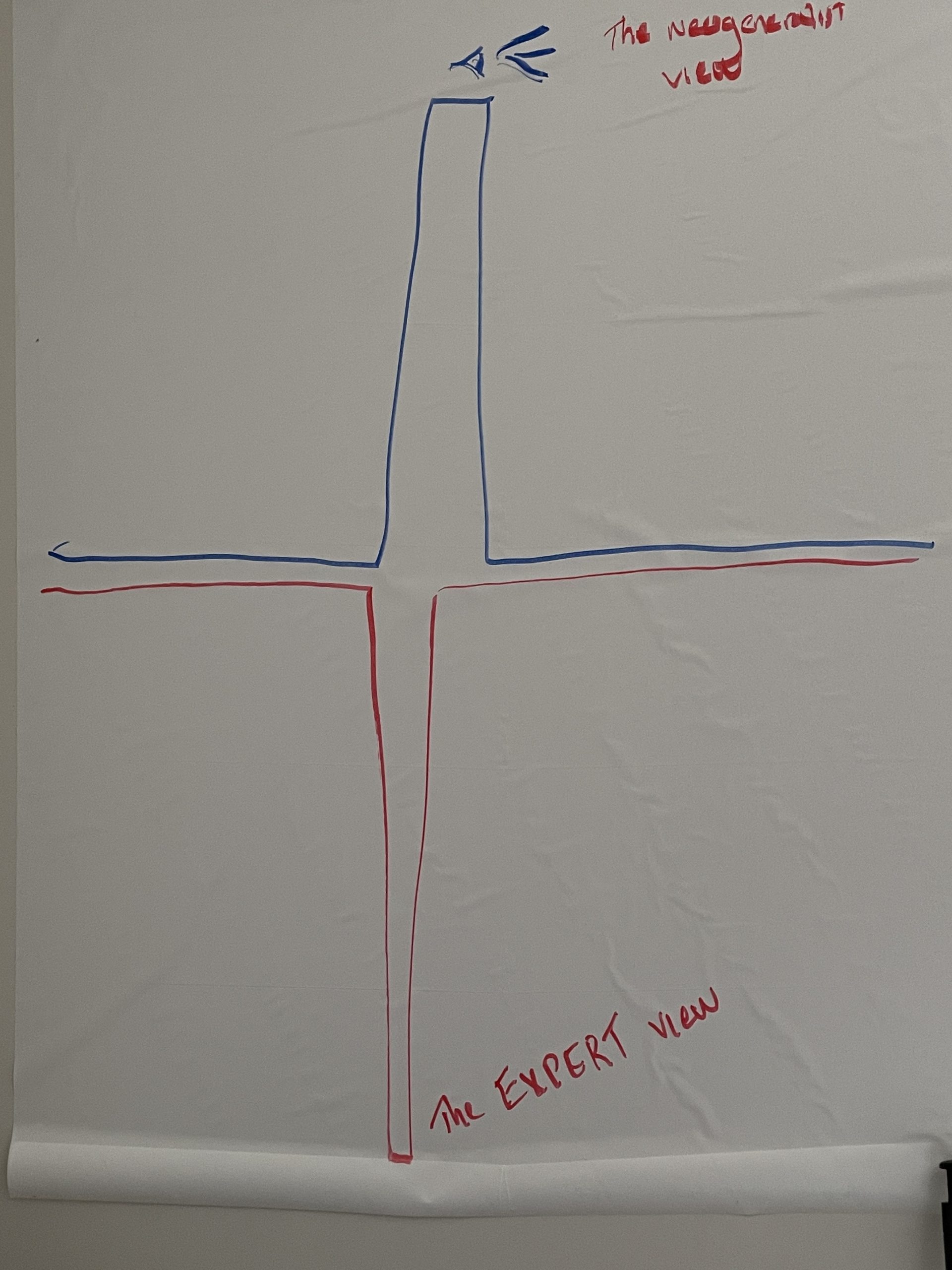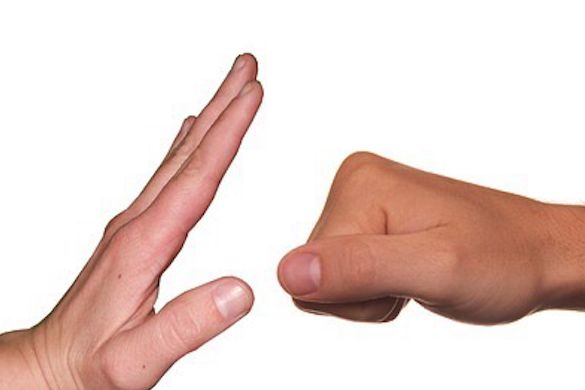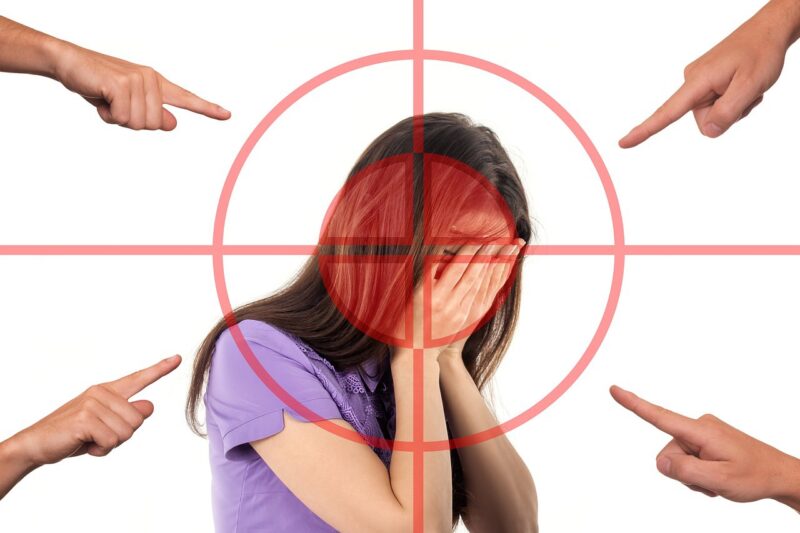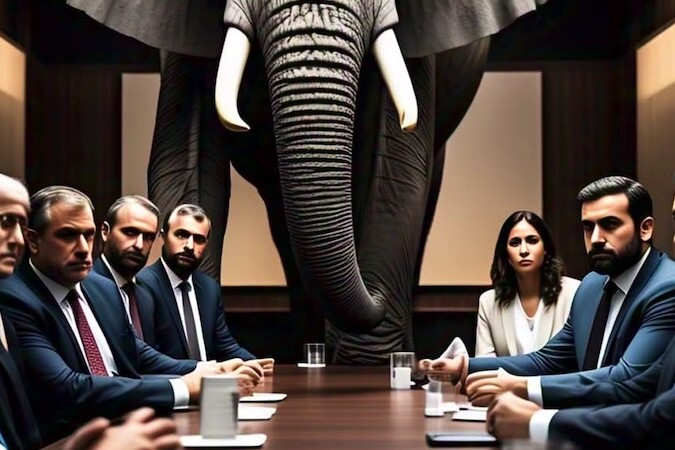The expert’s point of view
It’s often requested.
In fact, I am often asked for my point of view. As if I were an expert!!! It is not out of false humility that I feel discomfort. (My clients know how I feel about humility…) I also feel very uncomfortable when I see the word « expert » on business cards.
- Expert in communication,
- Expert in strategy
- Expert in business development.
I remember this « Expert » in business development bragging about his great experience and incredible talents to find clients and secure appointments. I was convinced and hired him! A few hours and hundreds of dollars later and I received the results of his « expertise »: an Excel spreadsheet and a few highlighted names… the potential clients who agreed to… be called back!
Ah?
That’s a business development expert?
The same guy who also made a presentation to a small group of business people and struggled to express himself properly when the time came to answer pointed questions and talk about « real business » … Ah, well … our expert was deflated when faced with more critical questions that pierced the mist of his « expertise ».
We live in a world that values experts, and rightly so! These experts…
- Point out problems that we had not considered previously
- They show us reality with a new perspective
- They point out potential solutions we hadn’t imagined
- They paint a picture of our situation based on their experience with dozens, hundreds of other clients
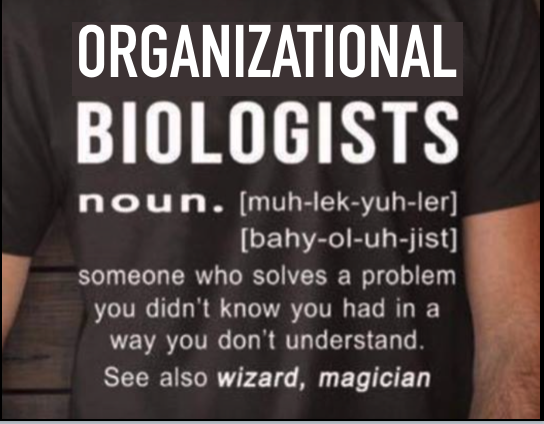
But… are they always the solution to our problems?
Is there another way to solve our problems and understand our situations?
I often deal with experts. When I was in the academic world, during my master’s degree in molecular biology, I was in contact with all these highly reputable Ph. D. and Postdoc of great reputation and I was very impressed by their knowledge.
Until one day…
-
- I meet this student who is preparing her thesis defense and who is struggling to explain the link between her subject and this article that has just been published…
- I discuss with the student of a laboratory director who tells me that his boss has a strange way of analyzing the results of recent experiments, by focusing on the section of data that proves his hypothesis and by neglecting the 80% of the data that show the opposite…
- I listen to a medical specialist who starts his postdoc and only talks about his specialty while neglecting several factors outside his field of expertise…
- I try to explain to one of my cell biology professors that the transcription factors, newly discovered (in 1987) are perhaps less numerous than we think, but that the combination of a restricted number of them could perhaps… and to hear him say, from the top of his expertise, that I was quite naive and uneducated…
- I try to understand why I cannot produce the expected results and my thesis director tells me that the manipulation errors are the cause and not my hypotheses of secondary conformation of the DNA that could explain the experimental observations.
I tried for a long time to convince myself that all these experts were right and I was wrong. After all, I was not an expert.
But slowly, after 30 years in the workforce, I am realizing that Expertise is overrated.
Oh, experts exist!
Not as many as the self-proclaimed experts claim, however.
What I also realize, seeing among others the blunders of many leaders and politicians, is that another form of Expertise has been emerging for several years. A more humble, more widespread and more holistic expertise. Less focused on the detail and more oriented towards the globality and the inherent complexity of our environments.
I flinch every time someone asks me for my opinion as an expert.
I consider myself mostly a neo-generalist. I have developed my « expertise » by observing what is around me and by doing many experiments, some good and some not so good. By daring to test many parameters, by trying many alternatives and by asking for feedback. Oh yes, and by humbly asking my clients for permission to make these attempts… by learning together and trusting each other.
And yes, taking risks.
In our world of volatility, uncertainty, complexity and ambiguity, the need, the pressure to stop taking risks is all around us.
From the excessive safety of our children to the rigid structures of our organizations, from the abundance of strict and inhumane procedures and processes of our bureaucracies to the algorithms that invade our lives by taking away our ability to decide and filter the information around us, risk is no longer part of our lives.
And yet… risk is the spice of our lives!
I am a neo-generalist.
-
-
- I enthusiastically explore a plethora of topics.
- I learn about many fields of expertise.
- I dig for a few weeks here and there to better understand and integrate what I see into a coherent whole for my practice and for the benefit of my clients.
- I propose readings to my clients according to the mandates I am given.
- I ask questions, many questions.
- I develop various expertises without ever becoming an expert in the field…
- No, I don’t slowly become an expert.
- I recognize the experts, the real ones around me.
- I participate in discussion groups with these experts… and I don’t talk much, I swear!
-
One day, I had an epiphany…
A medical specialist I was talking to gave me a better understanding of the relationship between him and me. He knew everything about his field, but didn’t know how to program his GPS or how to set up the touchpad on his laptop..,
He knew everything about an immensely small field of expertise and I knew a little bit about everything else.
He knew everything about relatively… nothing.
And I knew relatively nothing… about everything.
He had excavated and mastered all the knowledge in his field of expertise. He was an expert and a loner in this deep hole of knowledge!
And I was on a high peak that gave me the ability to see to the horizon in all directions.
Our position is simply reversed.
We were complementary.
I am aware of this by my position and he… a little less so, because of the deep darkness that surrounds him. Living in this deep well of knowledge tends to diminish perspective indeed.
Neo-geneticists are becoming more and more present in our societies. These polymaths know the web, marketing, video-montage techniques and robotics among other things. Most are relatively young and ready to change the world.
They need the guides who came before them and society needs their broad perspectives and energy.
This society needs more than ever the collective intelligence it contains,
Not only the expertise of the experts, but also the equally relevant and much broader expertise of the rest of the people who, together, can contribute to the evolution of solutions and enable a more complete, more global, more respectful innovation.
The experts of the past have contributed to modern society as we know it. Their limited visions of reality could not include the great complexity of our ecosystems, be they biological, economic or social.
The recent pandemic has confirmed the impact of globalization. The oil crisis of the 70’s had sent a clear message. So did the hole in the ozone layer. Climate change, still questioned by some states and leaders, shows us slowly, but resolutely and inexorably that the knowledge of those experts who neglected to take into account all the factors, this knowledge is not enough.
The ability of neo-generalists to see more broadly, more humbly, what surrounds us could be salutary. I would also dare to add that these neo-generalists have a propensity to use their networks of contacts to go and get the help they need, to collaborate more easily than the experts of yesteryear who were mainly looking for the credit of the discovery.
I repeat, we are complementary, we are not players in a zero sum game.
The synergy between the experts and the neo-generalists will be the cornerstone of our future success.
All that remains is to convince the experts that they are no longer the only ones able to solve everything.
Good.
oh… I wanted to finish in a positive way… I’ll pass.
Voluntary contribution
The blog is free but…
If this article has touched you, changed your mind or perspective, or expanded your mind… remember that free content on the web comes at a cost to the content creator.
Thank you in advance for your contribution.
Thank you in advance for your possible contribution.
Subscribe to this blog and don’t miss a single post!
Send the hyperlink of this article to a friend or colleague who could benefit from it; do not copy the content in an email.
Share this article on your favorite social network! You can’t imagine the impact on the visibility of my site!
Please do not photocopy without asking permission from the author… flavallee@aliterconcept.com… that’s me!
Photo by Mykyta Martynenko on Unsplash

